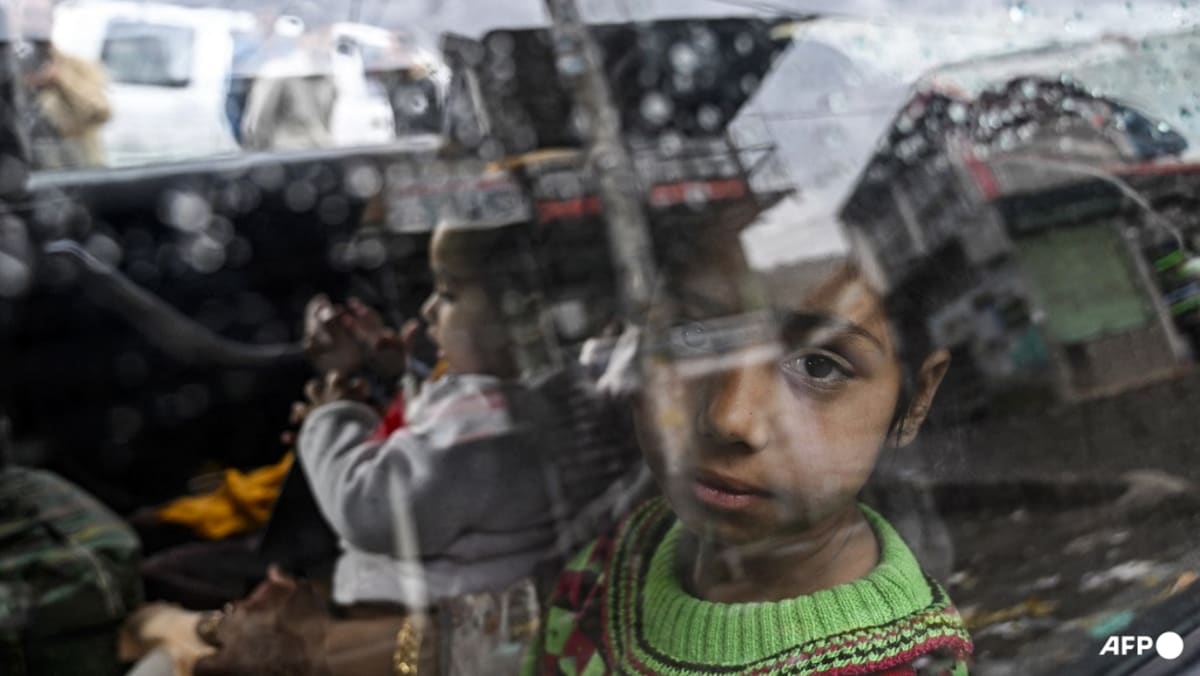“One way or another, things are carrying on calmly,” he told me.
“If you really want to understand the significance of ASEAN, just watch what’s happening today between India and Pakistan. If you want an analogy, today the Philippines still claims the state of Sabah. But is there a danger of a war between the Philippines and Malaysia? Practically zero. Because ASEAN meetings mean that they meet all the time, they know each other, they play golf with each other. It’s a different chemistry. Even with a change of leaders, essentially the policies continue and the sense of trust between leaders is very significant.”
A RIVALRY THAT CONSUMES THE REGION
The economic and human cost of the deadly India-Pakistan rivalry (the pair have had five wars since Pakistan was cleaved off from India in 1947) is often overlooked or overridden by nationalist and territorial ambitions recently increasingly overlayed with religious zeal.
In India, a particularly assertive brand of Hindu nationalism sometimes seems to be doing its best to mirror the intolerance of what it describes as the enemy – militant, extremist Islam.
ASEAN has its ASEAN Economic Community, which envisions ASEAN as a single market and competitive product base, integrated into the global economy. It isn’t quite there yet but has been making steady progress.
In contrast, the South Asian Association for Regional Cooperation comprising Afghanistan, Bangladesh, Bhutan, India, Maldives, Nepal, Pakistan and Sri Lanka is well-known for having not lived up to its name.
The most South Asian regional cooperation structures have been able to achieve is to allow citizens of each other’s countries to visit their heritage monuments at local rates of entry.
“South Asia is the least economically integrated region in the world if we compare it to Southeast Asia, Europe or North America. Trade within the region is less than 5 per cent of the trade of these countries” says Dr Aparna Pande, research fellow and director of the Initiative on the Future of India and South Asia, at the Hudson Institute in Washington DC.
India granted Most Favoured Nation (MFN) status to Pakistan in 1996, a year after the formation of the World Trade Organization. Pakistan did not reciprocate, arguing that the Kashmir dispute needed to be resolved first.
Signing on to the South Asian Free Trade Area in 2004 produced little dividends. In February 2019, in the wake of a suicide attack claimed by Pakistan-based Jaish-e-Mohammed (Pakistan denied involvement) on an Indian security convoy in Pulwama, Kashmir, that killed 40 Indian troops, India revoked Pakistan’s MFN status and raised import duty on all Pakistani goods to 200 per cent.
